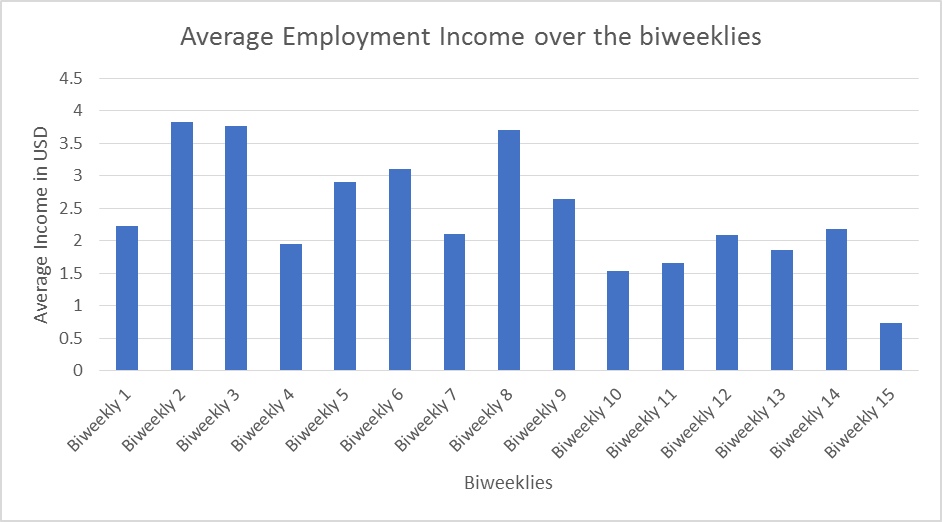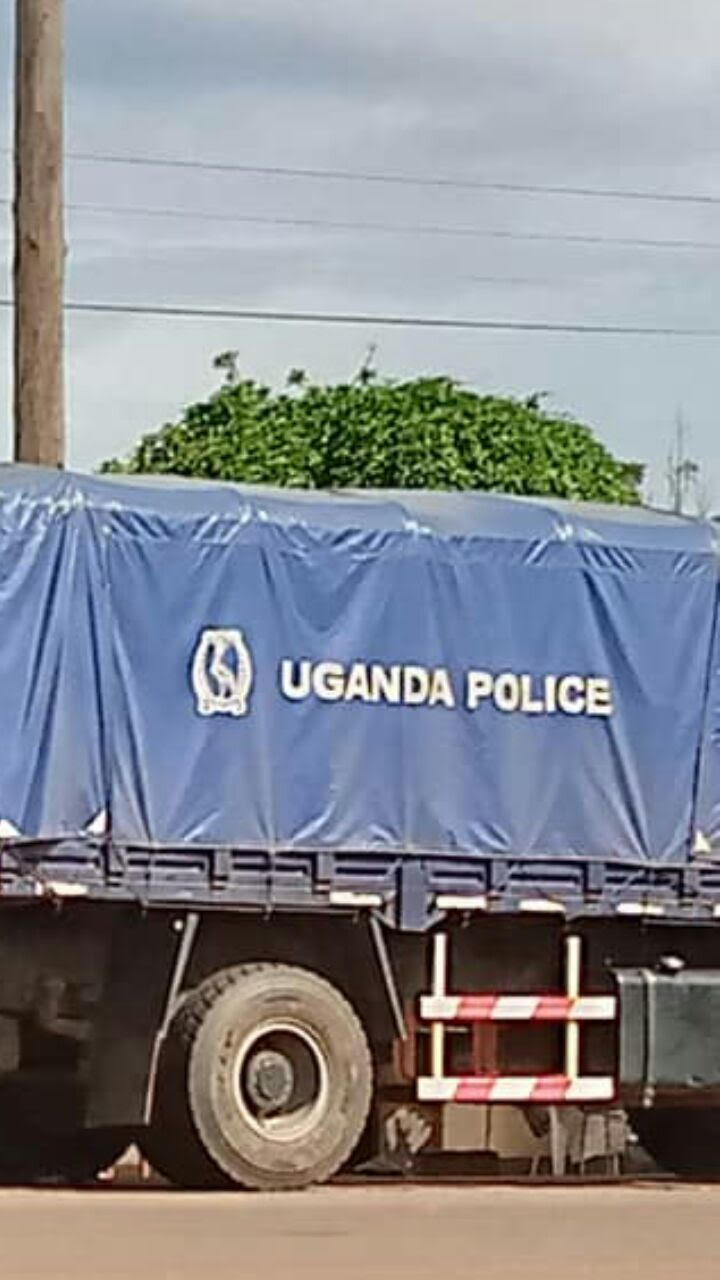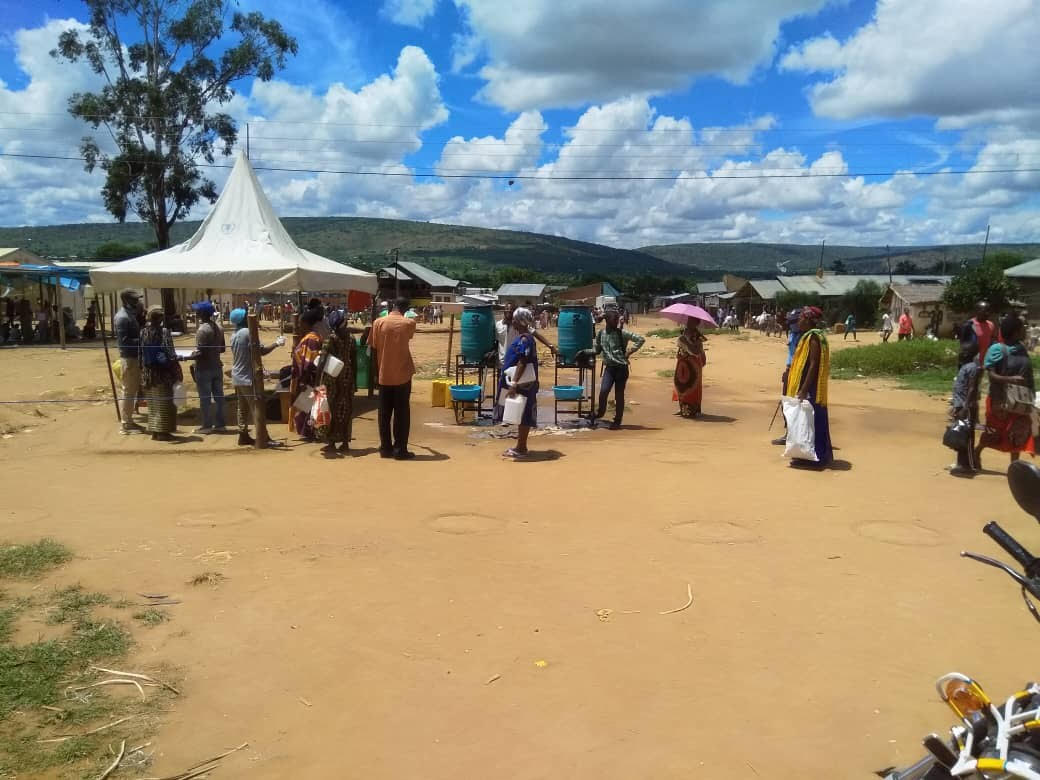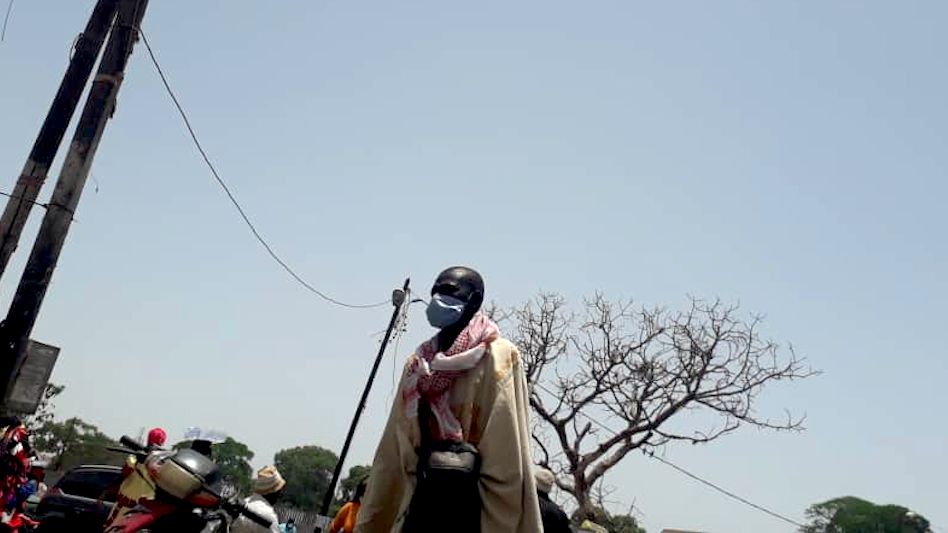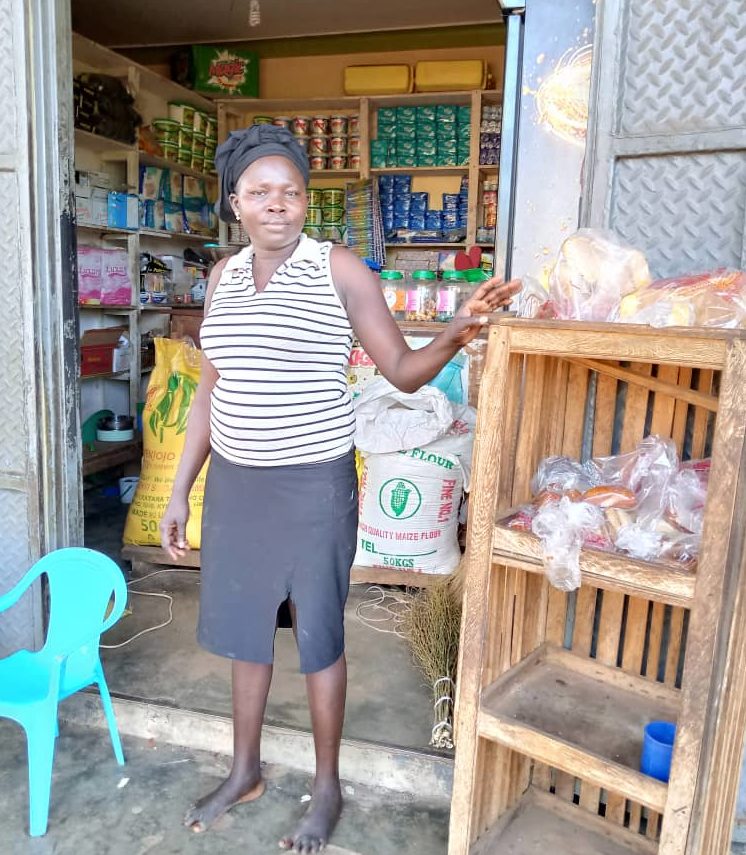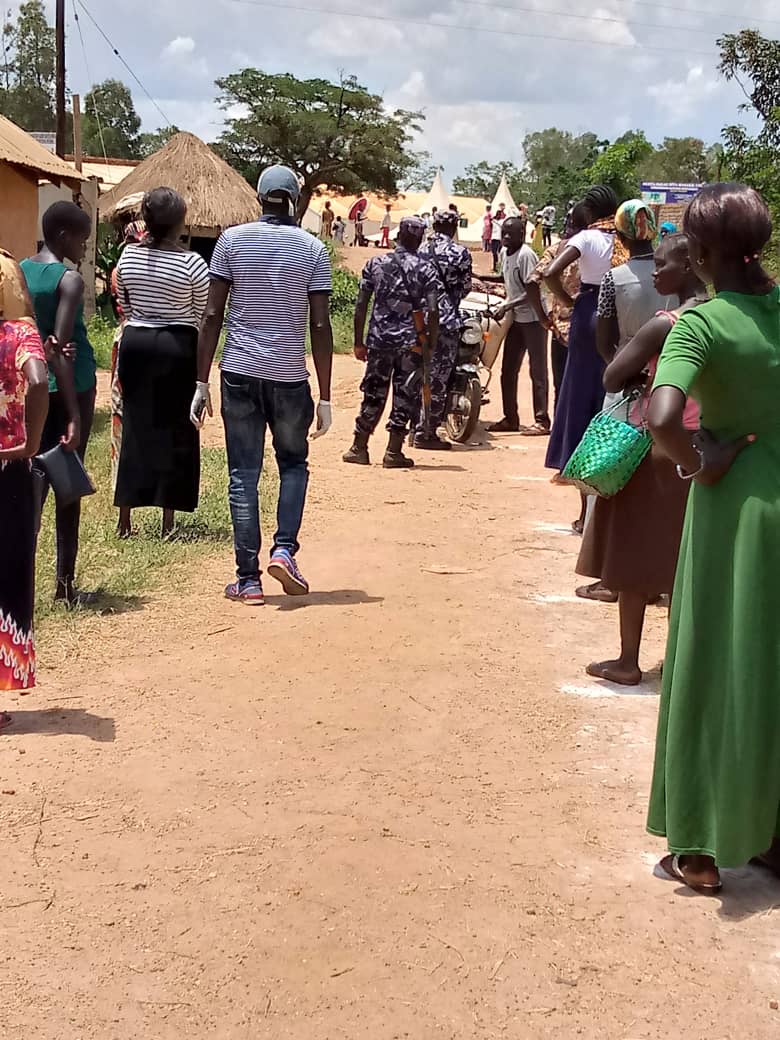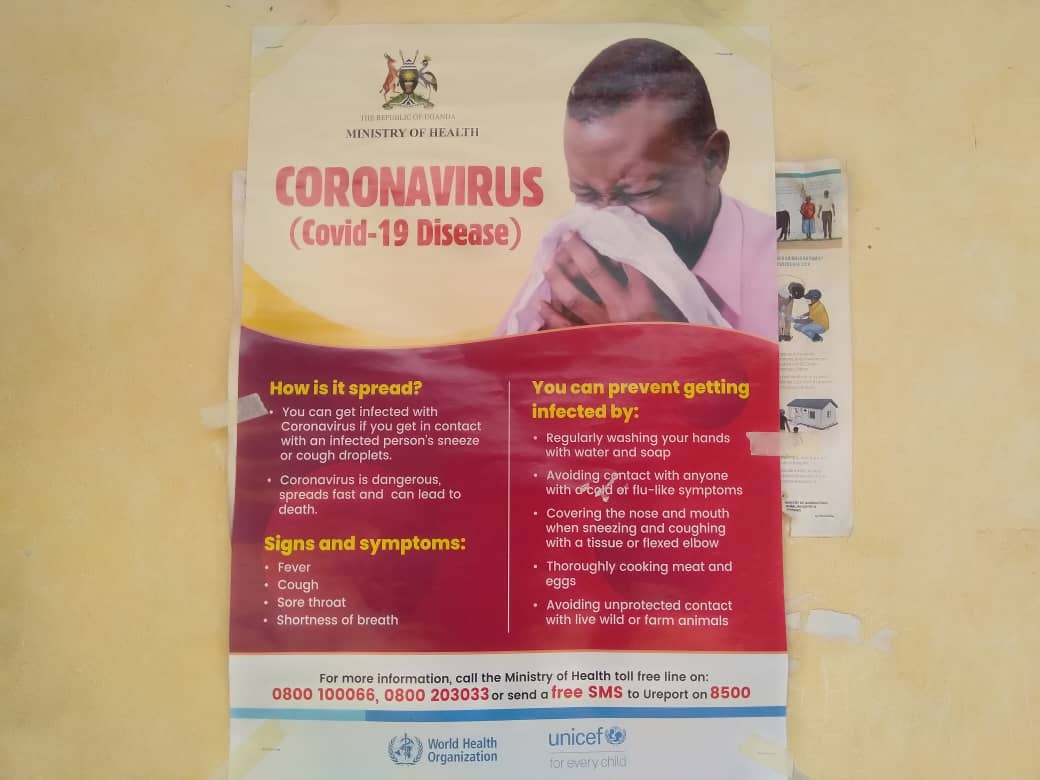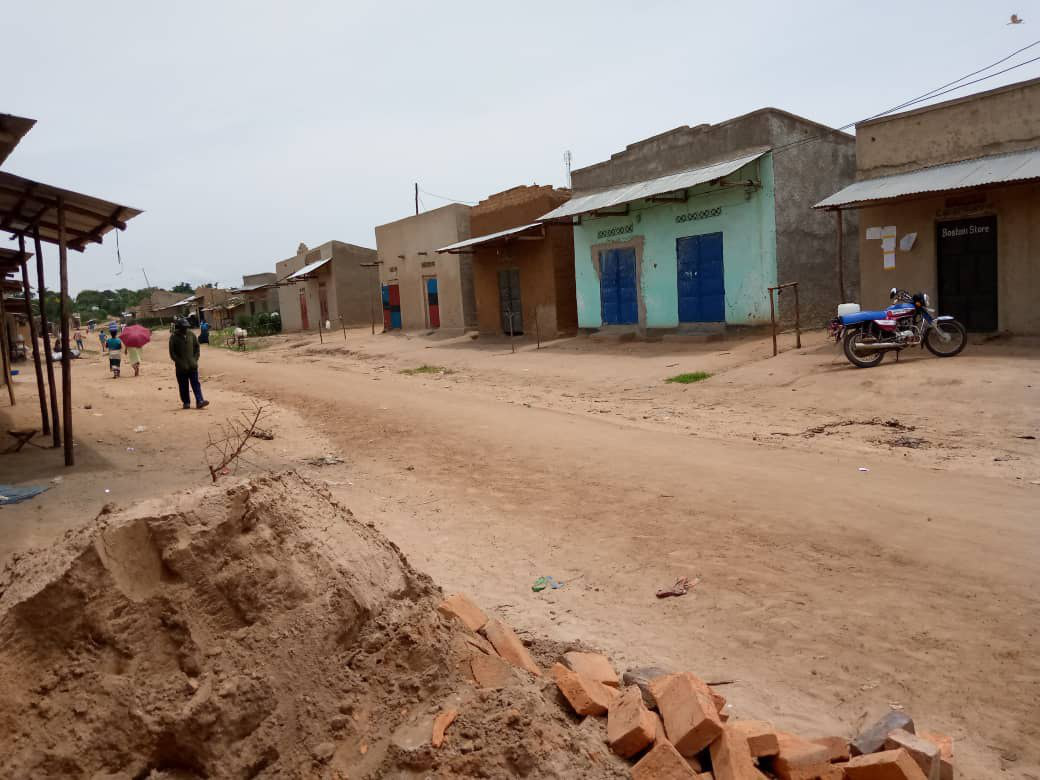The current pandemic has forced many countries to be put under strict lockdown. This will hopefully avoid the disease to spread in the country or at least reduce the pressure on the fragile health systems, especially in less developed countries. However, this could have a counter effect of increased suffering due to reduced means of […]
Lockdown and the Law Enforcers: Refugees in Uganda
In Uganda, the government imposed a lock-down to prevent COVID-19 from spreading on 30th March. In our financial diaries study with refugees in Uganda, we added lockdown-related questions as soon as possible after it has been imposed. These interviews took place from April 7th to April 22nd with 149 respondents. Since the lockdown, law enforcement authorities have been […]
Refugee Food Distribution During COVID 19
The limited outbreak of the Coronavirus in Uganda was followed by the government implementing a lockdown. As a result of the lockdown rules, a new way of Refugee Food distribution needed to be developed for Nakivale and Kiryandongo settlements. The lockdown rules forbid all the transportation systems hence bodaboda, taxis, or buses to and from […]
Thiès in the Time of COVID-19
Jean Paul used to work as a supervisor for L-IFT in Senegal and now again works part-time for L-IFT coordinating The Corner Shop project in Senegal. He informed us that in Thiès, 70 km east of Dakar, people had started to make and/or sell face-masks in addition to their usual trade. For instance, he recently […]
What Worries Refugees in Uganda Most About COVID-19?
As mentioned in previous blogs, in the financial diaries with refugees in Uganda we implemented some COVID-19-related questions just before and just after the lockdown on 30th March was imposed. The largest worries were that ‘The prices will go up’ (68%), ‘The WFP food support may no longer arrive’ (51%), and ‘the health services will not […]
Economic Impact of COVID-19 According to Refugees in Uganda
As mentioned in our previous blogs, some 152 refugees in Uganda answered questions around Covid-19 just before and just after the lockdown was imposed in the country. The effects were quite immediate and already took effect before the lockdown. The foremost problem is that food prices went up (91%) and the price of cooking fuel […]
How Refugees in Uganda try to Protect Themselves Against COVID-19
There are more than four million refugees in the Horn of Africa. Uganda is one of the largest hosts with around 1.4 million refugees against its own population of around 30 million. These refugees are living close together, already have weaker health and many lack the support networks they would have had at home. This […]
COVID-19 and Low-income Households in Central Bangladesh
How the approach of COVID-19 has affected low-income households in central Bangladesh. Liaqat (not his real name) is a newspaper vendor and a volunteer ‘diarist’ in the Hrishipara Daily Financial Diaries project. We have been tracking all his money transactions on a daily basis since October 2015. Selling papers is his only source of income. Early each […]
Refugees in Uganda During COVID-19 Pandemic
Refugees are one of the most vulnerable groups that could be disproportionately affected by Coronavirus. Not only the disease itself but the strict measures that are put to halt the disease has far more implications for those who live in refugee settlements. Uganda has over 1.4 million refugees mainly from South Sudan, the Democratic Republic […]
Tracking the Savings of Poor Households
Following on from David Hulme’s blog post Do you want to know how poor people really manage their money? Stuart Rutherford, an Honorary Research Fellow at the Global Development Institute, analyses the latest data from his fascinating financial diaries project. The ongoing Hrishipara Daily Diary project collects data on the daily money flows of 50 low-income households living […]

